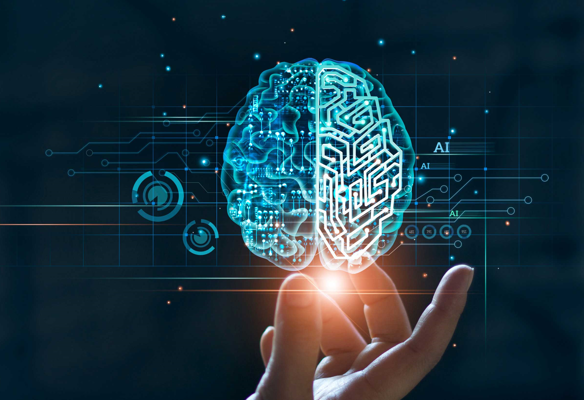Artificial Intelligence Policy in Kenya: The journey towards regulation needs to commence

Artificial intelligence (AI) is defined as the simulation of human intelligence processes by machines, especially computer systems. AI systems work by ingesting large amounts of labeled training data, analyzing the data for correlations and patterns, and using these patterns to make predictions about future states. AI programming focuses on three cognitive skills: learning, reasoning and self-correction.
The AI Readiness Index 2020 ranks Sub-Saharan Africa as the least scoring region across the
globe. The Index, which assesses a government’s AI readiness based on three key pillars –
government, technology sector, and data and infrastructure, only has a few African countries in
the top 100 nations in the world. These countries include Mauritius ranked 45th, South Africa 59th, Seychelles 68th, Kenya 71st, and Rwanda 87th in the world. The Index primarily measures the steps taken by Governments to implement AI.
In Kenya, AI is applied across several sectors such as agriculture, health, education, fintech,
transport, among others. The country has been positioning itself to reap the rewards of the Fourth Industrial Revolution (4IR) technologies such as AI. In 2018 the Government of Kenya commissioned the Blockchain and Artificial Intelligence Taskforce to provide directions on how best to utilise AI. Key among the recommendations made by the Taskforce include;
- Development of policies promoting AI and protecting human rights;
- Creating an AI ecosystem that supports the development of AI and analysis of potential risks of AI; and
- Implementing mitigation measures.
AI is heavily relied upon in fintech (digital lending apps) in determining whether or not to grant
loans to borrowers. AI through machine learning in this case is used to determine a borrower’s
likelihood of default through assessment of a borrower’s micro-behavioural data and
assessment of information obtained from the borrower’s device including contacts, SMSs, SD card content, gallery, and apps downloaded on their device. Fintech, particularly digital lending apps, use this information to determine a borrower’s credit score and determine suitable loans for them. Fintechs rely on this information due to the fact that they don’t obtain security from borrowers compared to traditional financing institutions like banks. Their business model enables them to provide loan facilities to the unbanked population which may lack security to access loans from banks.
The Data Protection Act, 2019, contains provisions that dictate that automated decision making cannot happen without human input to reduce instances of biased decision making with significant negative impacts. The exemptions to this rule include when it is consensual, necessary for the performance of a contract, or authorised by law.
An interesting clause under this provision requires a data controller to notify a person within a reasonable period of time that an AI decision has been rendered that may produce legal effects. The person may then request the data controller to reconsider the decision or to make a new decision not based on the automated processing. This provision is a life buoy to those who have had their credit score messed up by over-eager digital lenders. This provision plus the Central Bank of Kenya Amendment Act require digital lenders and credit reference bureaus to contact the loanee exhaustively before listing them for defaulting on their loan repayments.
The flipside of AI bliss is the risks it poses to human rights.These risks include loss of jobs, AI bias, surveillance and violation of privacy, weaponization of data, unlawful content moderation practices, among others. To address these risks and to further define its vision for AI, the European Commission developed an AI strategy to go hand in hand with the European approach to AI. The AI strategy proposed measures to streamline research, as well as policy options for AI regulation, which fed into work on the AI package. The Commission published its AI package in April 2021, proposing new rules and actions to turn Europe into the global hub for trustworthy AI.
The continued and wide scale digitisation of Kenya’s economy has primed the nation to profit from the greater efficiency AI decision making guarantees. However, the need for regulation is integral to ensuring that the intelligent decisions rendered are ethical and free from generating unintended detrimental impacts.

